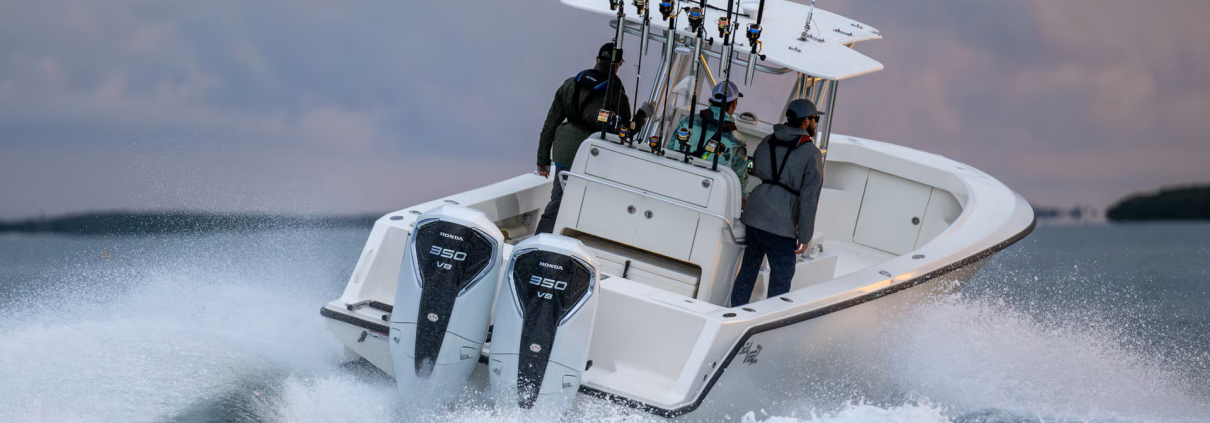Marine Lithium House Batteries: A B2B Guide for North American Dealers and Marine Professionals
- Introduction: The Critical Role of House Batteries in Marine Applications
Marine vessels rely on house batteries to power essential systems such as lighting, refrigeration, navigation, and onboard communications. Choosing the right battery is not just a matter of performance—it’s about reliability, safety, and operational efficiency. For dealers, integrators, and fleet operators in North America, understanding lithium house battery technology is key to meeting customer demand and gaining a competitive edge.
- Understanding Marine Battery Options for B2B Decision-Making
Marine batteries are generally categorized into:
| Battery Type | Key Attributes | B2B Considerations |
| Lead-Acid (Flooded/AGM/Gel) | Lower upfront cost, heavier, shorter lifespan, maintenance-intensive | Suitable for cost-sensitive projects, but higher long-term replacement frequency |
| Lithium (LiFePO₄) | Higher energy density, lightweight, long cycle life (3000+ cycles), maintenance-free, rapid charging | Preferred for premium vessels, commercial fleets, and integration projects; lower lifecycle cost and reduced support burden |
For North American dealers and marine system integrators, a high-quality solution such as our 12V LiFePO₄ marine battery offers both reliability and scalability for house power systems.
- Why Lithium is the Preferred Choice for Commercial and High-End Applications
- Space Efficiency: Higher energy density allows smaller footprint installation—critical for yachts and commercial vessels where space is premium.
- Extended Lifespan: Over 3000 cycles reduces replacement frequency and operational costs.
- Fast Charging: Minimizes downtime at docks and supports multi-shift operations for fleet vessels.
- Durability: Superior vibration and moisture resistance make lithium ideal for harsh marine environments.
- Reduced Maintenance: Less frequent interventions lower support and service costs for integrators and dealers.
These features directly translate into value for B2B clients, from fleet operators to system integrators, enabling higher margin solutions with minimal post-sale effort.
- System Integration & BMS Management
A lithium house battery’s full potential is realized when integrated with a robust Battery Management System (BMS). Key advantages for B2B customers include:
- Performance Monitoring: Real-time visibility into state-of-charge, temperature, and health metrics.
- Safety & Compliance: Protects against overcharging, deep discharge, and temperature extremes, reducing liability.
- Compatibility: Seamless communication with onboard chargers, inverters, and energy management systems.
- Operational Efficiency: Enables fleet operators to optimize energy usage across multiple vessels, minimizing downtime and maintenance costs.
Focusing on BMS integration differentiates lithium solutions from legacy lead-acid alternatives, creating a compelling selling point for distributors and marine integrators.
- North American Market & Regulatory Considerations
For B2B clients in North America, UL, ABYC, and CE certifications are critical. Lithium house batteries that meet these standards:
- Facilitate approval for installation on commercial and recreational vessels.
- Reduce regulatory barriers for resellers and integrators.
- Increase customer confidence and market acceptance.
Emphasizing compliance in marketing and sales pitches positions your company as a trusted supplier in a growing marine lithium market.
- Extension & Further Reading
To help your clients make informed choices and understand lifecycle implications:
- Explore Marine House Battery Guide: Choosing the Right Power Source for Your Boat for a deep dive into system-level selection considerations.
- Understand the performance and reliability factors of deep-cycle marine batteries in Deep Cycle Marine Battery: What You Need to Know for Reliable Onboard Power.
- Commercial Implications for Dealers and Integrators
- Market Trend: Growing adoption of lithium house batteries among commercial fleets and high-end yacht owners.
- Inventory Advantage: Longer battery lifespan allows better stock management and reduces replacement frequency.
- Differentiated Offering: Provide premium, maintenance-free power solutions that stand out in a competitive market.
- Reduced Post-Sale Support: Lithium batteries’ lower maintenance needs reduce service calls and improve client satisfaction.
By highlighting these advantages in your B2B strategy, dealers and integrators can position themselves as leaders in the marine lithium battery space.
- Conclusion: Future Outlook
Marine lithium house batteries are becoming the standard for modern vessels, combining reliability, efficiency, and safety. For North American dealers, fleet operators, and system integrators, investing in lithium solutions today translates into higher margins, satisfied customers, and a competitive edge in a growing market.
Ready to explore commercial-grade lithium solutions? Discover our 12V LiFePO₄ marine battery for professional marine applications.


